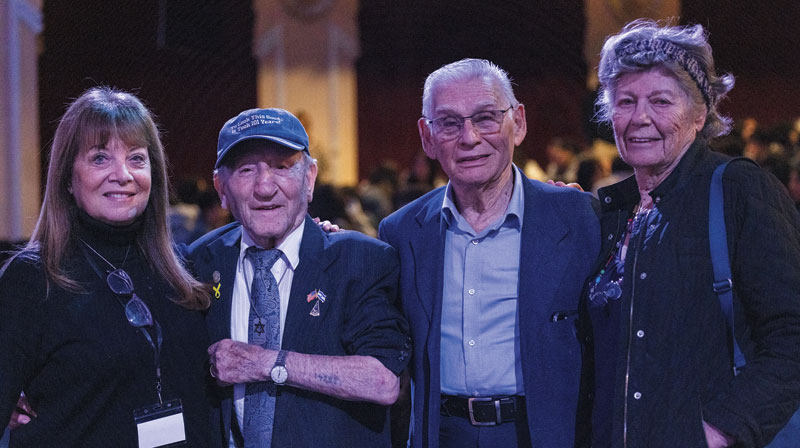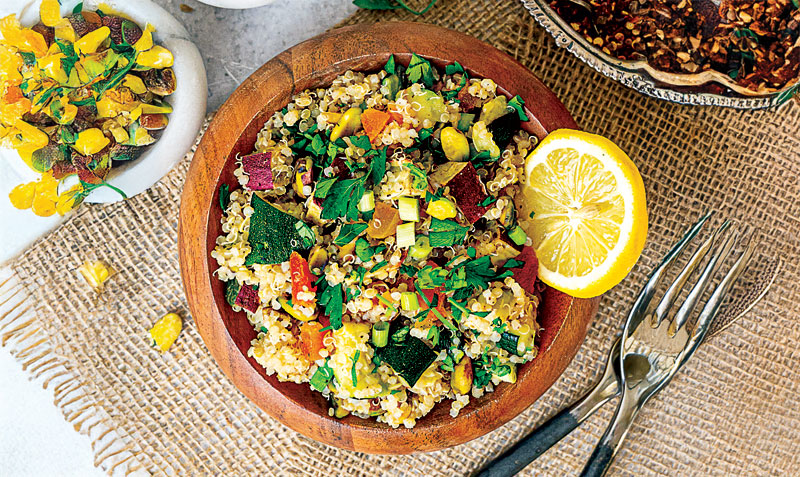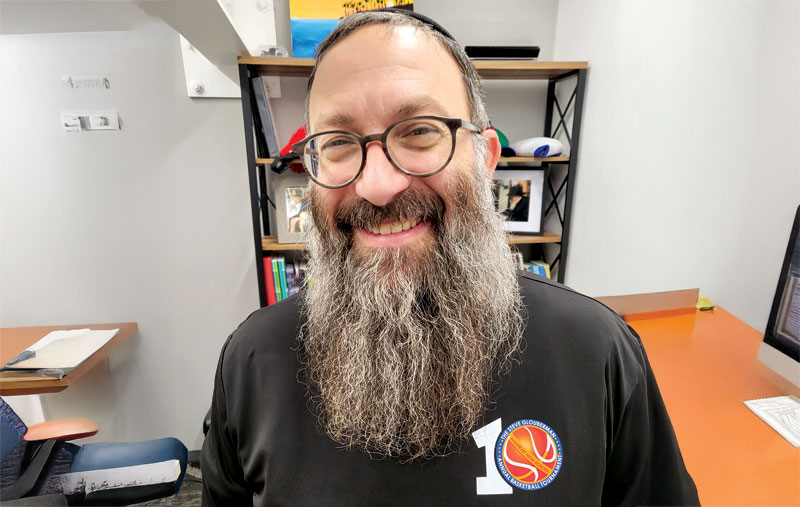Palestinian-American Anwar Abdo was only a toddler when his family fled eastward from the earthy orange groves of Jaffa to the white stone city of Amman during Israel’s War of Independence.
More than six decades later, the Orange County resident still dreams of returning to his birthplace with Palestinians and Jews living together in a single democratic state.
“I’ve been here for 40 years, my family is here, and I respect this country, but if I had a chance to live there, I would,” the man with a graying goatee and penetrating eyes said from his cousin’s Olive Tree restaurant in Anaheim. Jaffa “is my town. Palestine is my country. That’s the way I feel about it; it’s never going to change.”
If Israel, its future and security seem inextricably linked with Los Angeles’ Jewish community, a large number of Palestinian-Americans living in the region maintain equally strong ties to the land. Palestinian-Americans across the Southland welcomed the news last week that the United Nations’ cultural and scientific agency became the first U.N. agency to approve “Palestine” as a full member.
Even as the U.S. has threatened to veto a Palestinian bid for full membership in the United Nations, many Palestinians living here saw the decision by the United Nations Educational, Scientific and Cultural Organization (UNESCO) as a long-overdue step toward greater international recognition of Palestinian rights and statehood at a time that disillusionment with President Barack Obama’s administration is running high.
Many also viewed the recent UNESCO votes related to Palestinian statehood, and potentially upcoming at the United Nations, as vital to their own interests and relevant to their lives.
“It’s about time they recognize Palestine as a state,” said Amani Jabsheh, a Rancho Cucamonga resident who left the West Bank city of Nablus at the age of 22 to join her Palestinian-American husband here. “We want to live in peace and harmony. We want our own state and our freedom. We want to build a better future.”
Jabsheh, 45, said she was optimistic that one day, with the right Israeli, Palestinian and American leadership in place, a Palestinian state would indeed be born because, as she put it, “If you look at history, no one stays oppressed” forever.
But the financial analyst, whose siblings live in the West Bank and Jordan, admitted that she couldn’t envision herself living in such a state, as America has afforded her and her family respect, freedom and tremendous opportunity.
“I have a career. Our house is here. Our children are here,” she said. “I will always go and visit with my family … [but] my life is here.”
Palestinian Christian John Makhlouf of Bellflower called the Palestinian bid for UNESCO membership “an excellent idea” and argued that because, in his view, Israel was not willing to make concessions, it is “the only nonviolent way to protect their rights” in relation to Israel.
“That will show Israel somehow that the whole world is really supporting the Palestinians to have statehood,” said Makhlouf, who left his native Jerusalem for America in 1973. He said he left to escape harsh treatment from his Israeli employers and seemingly indiscriminate detentions and interrogations by Israeli security forces in the wake of violence.
Makhlouf, a former Boeing assembler, does his part to support the cause, he said, by being a member of the Cousins Club of Orange County, a group of Jews, Palestinians and others concerned about the conflict.
The group, which was formed in 1988, advocates for a two-state solution, and members meet monthly to educate themselves and the public on the issues, write letters to local newspaper editors and lobby their government representatives, he said.
“When we all sit down and discuss, we don’t discriminate,” Makhlouf said. “Everybody expresses their opinion, whether you are saying something bad about the Palestinians or bad about Israel, they don’t care. You can say anything you want.”
Makhlouf, who said he would love to live in a Palestinian state, said they are not fighting against Jews but against the Israeli government. Many of the Jews he has met through the Cousins Club, he said, are highly educated and actively support the creation of a Palestinian state.
Mahmood Ibrahim, a professor of history and graduate coordinator and adviser at Cal Poly Pomona, said that while the recent UNESCO decision may not bring Palestinians closer to achieving a state, it does serve to underscore at these world forums that “there is an occupier amongst them.”
Ibrahim was born in Ramallah in 1948, he said, after Haganah forces evacuated his family from the now-defunct village of Jimzu, near where Ben Gurion Airport stands today.
The U.S. government’s “continued, unquestioned support” of Israeli policies, he argued, is not only exposing its inconsistency vis-à-vis Palestinian rights but is further isolating the country on the world stage.
“This is a time when a two-state situation can be had,” Ibrahim said. “Only the greedy right-wing movement in Israel, which is a fraction of the Israeli population and a fraction of the Jewish people in the world, they are the ones calling the shots. They are the ones determining U.S. foreign policy” regarding the Israeli-Palestinian conflict, Ibrahim said.
Anaheim attorney Sami Mashney, who describes himself as a media activist, said he views the UNESCO vote as if the world has cast a vote of confidence for Palestine and a vote of no confidence for Israel.
Had it not been for what he called “the Zionist lobby controlling the White House and Congress,” Mashney contended, Israel would have been left “out in the cold” with little or no international support.
Mashney, who publishes the Arab-American newspaper The Independent Monitor and founded the Network of Arab-American Professionals of Orange County, said his ultimate goal is to have 100,000 Arab-Americans rally in front of the White House, as other ethnic groups do, to show their political strength.
A self-described “secular lapsed Christian” originally from Ramallah, he said he represents clients no matter what their faith or political beliefs.
However, in hiring professionals to provide services for him, he said, “I do screen people who are Zionist or not. If I was going to put my money anywhere, or do business with anyone, if I explore that they are Jewish or if they are crazy Christian Zionists, I inquire … . If they seem like they are Zionist, I confront them, and afterwards, I end up not doing business together. I discriminate politically, but not religiously.”
Mashney said he defines a Zionist as someone who supports Israel “materially or morally” and supports the country’s policy of allowing Jews from around the world to immigrate to Israel while denying the Palestinians the “right of return.” He also advocates for one secular, democratic state for Jews and Arabs, rather than two states, arguing “that would go a long way to calm things down and pacify many Palestinians who are now angry and vengeful.”
Anwar Abdo’s cousin, Imad Abdo, who was born and raised in Jordan but whose family is originally from Jaffa, said he doesn’t believe Israel will ever agree to the creation of a Palestinian state.
“I will not imagine something that will never happen,” Imad Abdo said. He added that he would vote for Hamas, if he could, because “at least they are fighting, defending themselves against the Israelis” and following the Quran.
And it is their holy book, he said, that “tells them what to do, and it works.”






















 More news and opinions than at a Shabbat dinner, right in your inbox.
More news and opinions than at a Shabbat dinner, right in your inbox.